Stir fry is one of those quick and versatile dishes that can be as simple or as complex as you want. It’s one of my go-to meals when I want something flavorful and nutritious without...
Fish is a healthy and delicious choice for a meal, but if you’ve ever cooked it at home, you know that it can sometimes release a strong, pungent odor that fills the whole house. While...
Anyone who’s ever cooked pasta has probably encountered that frustrating moment when the noodles clump together, becoming one big, sticky mess. Whether it’s for a quick weeknight dinner or a special meal, you want your...
Making an omelette should be simple, right? Crack a couple of eggs, throw them in the pan, and you’ve got breakfast in no time. But sometimes, no matter how carefully the eggs are prepared, they...
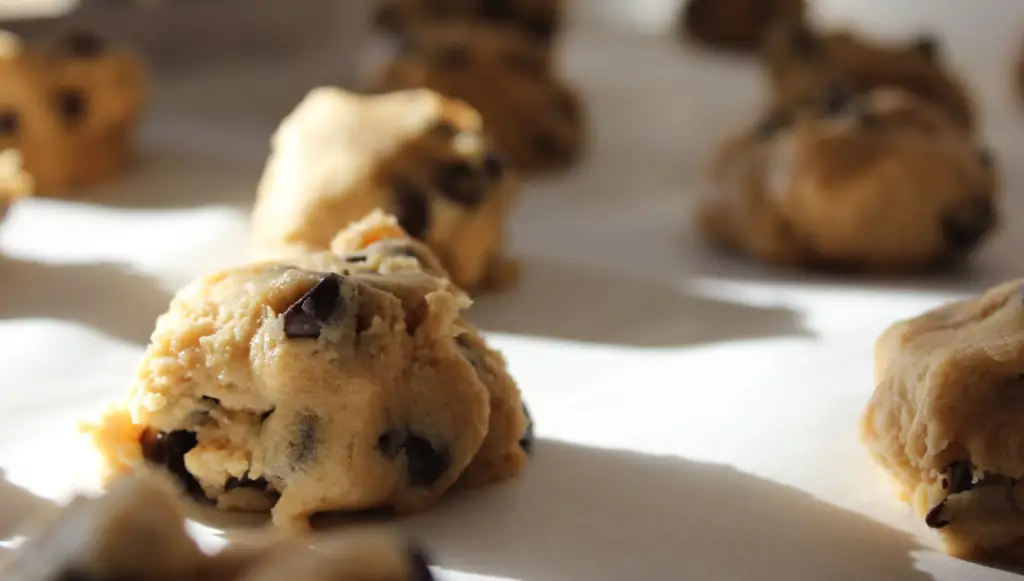
If your cookies turned out soft in the middle despite baking them until the edges were dark and crispy, you’re not alone! Let’s break down some common reasons why this happens and a few tips...
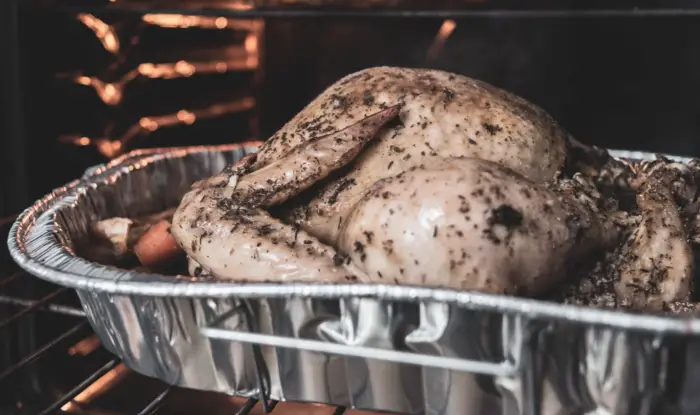
Roasting a whole chicken sounds simple enough, but it’s frustrating when it comes out of the oven feeling like sandpaper. You’ve tried everything—basting, brining, injecting, butter galore—and yet, the end result is still disappointingly dry....
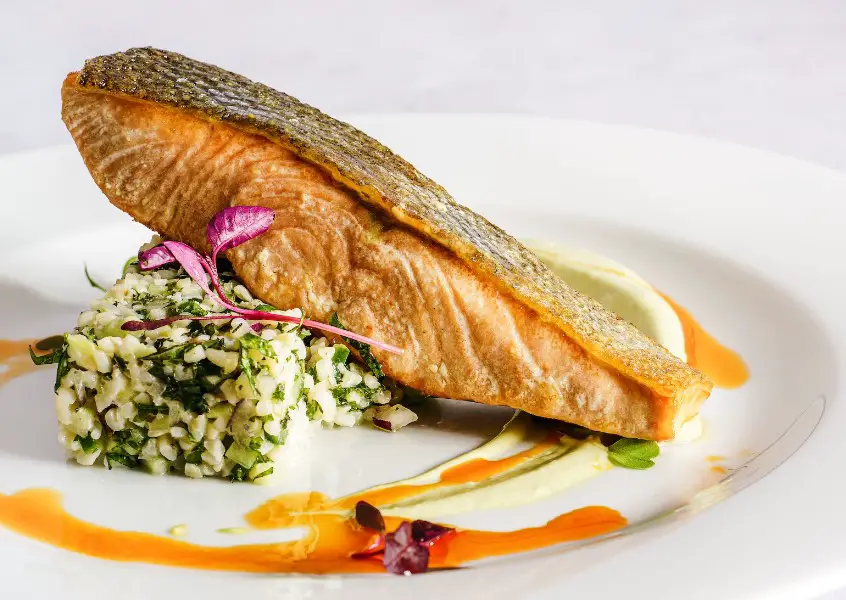
Achieving a crispy skin on salmon without falling into the pitfall of burning is a culinary hurdle you might face. This coveted texture not only heightens the flavor but also provides a visual appeal to...
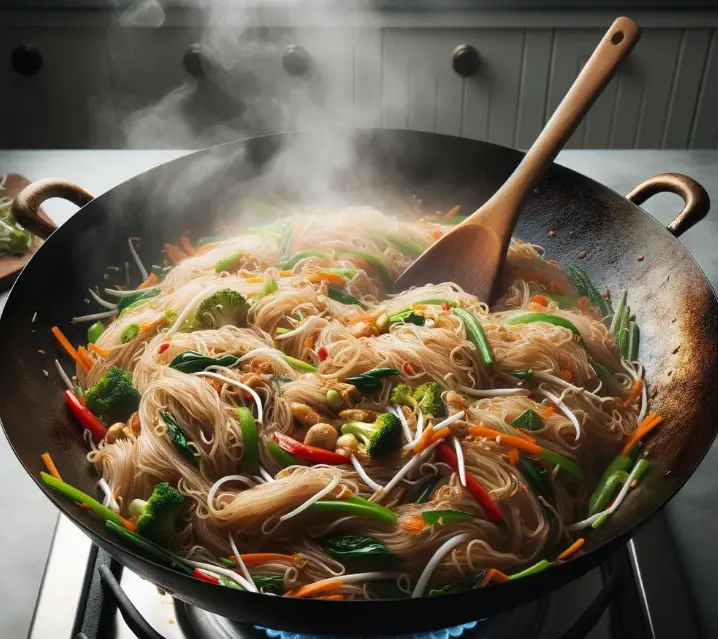
Rice noodles, a staple in many global cuisines, often face the challenge of clumping or sticking together during cooking. This common issue can turn a comforting meal into a kitchen ordeal, affecting both the texture...
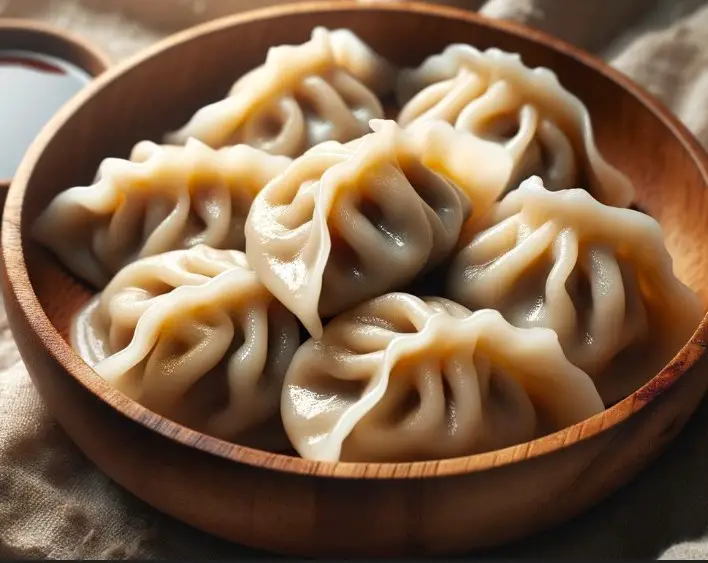
Dumplings, a comforting culinary tradition, often face disintegration during cooking, affecting their appeal. This exploration aims to uncover the reasons behind this issue and propose solutions, embarking on a quest to master the art of...
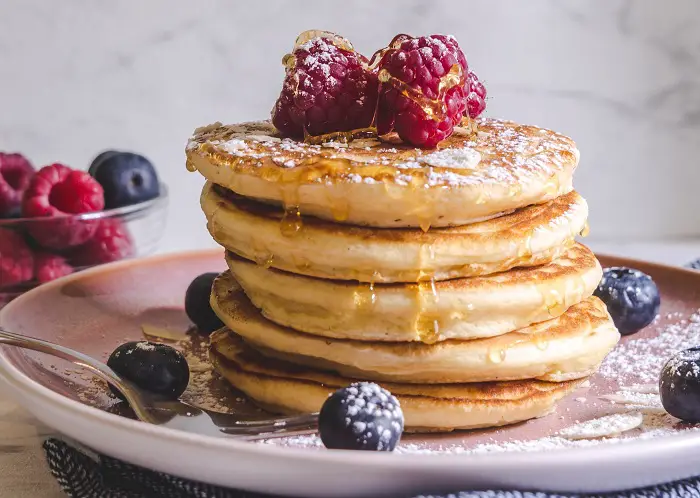
A common reason for pancakes remaining raw in the middle is the batter consistency. If your pancake batter is too thick, it creates a density that prevents the inside from cooking thoroughly before the outside...






